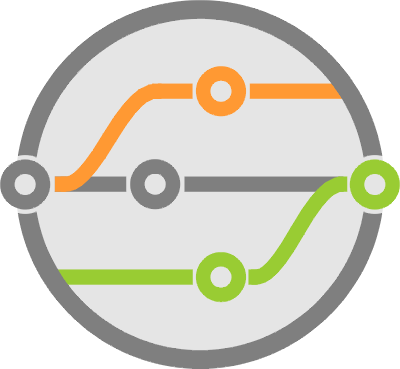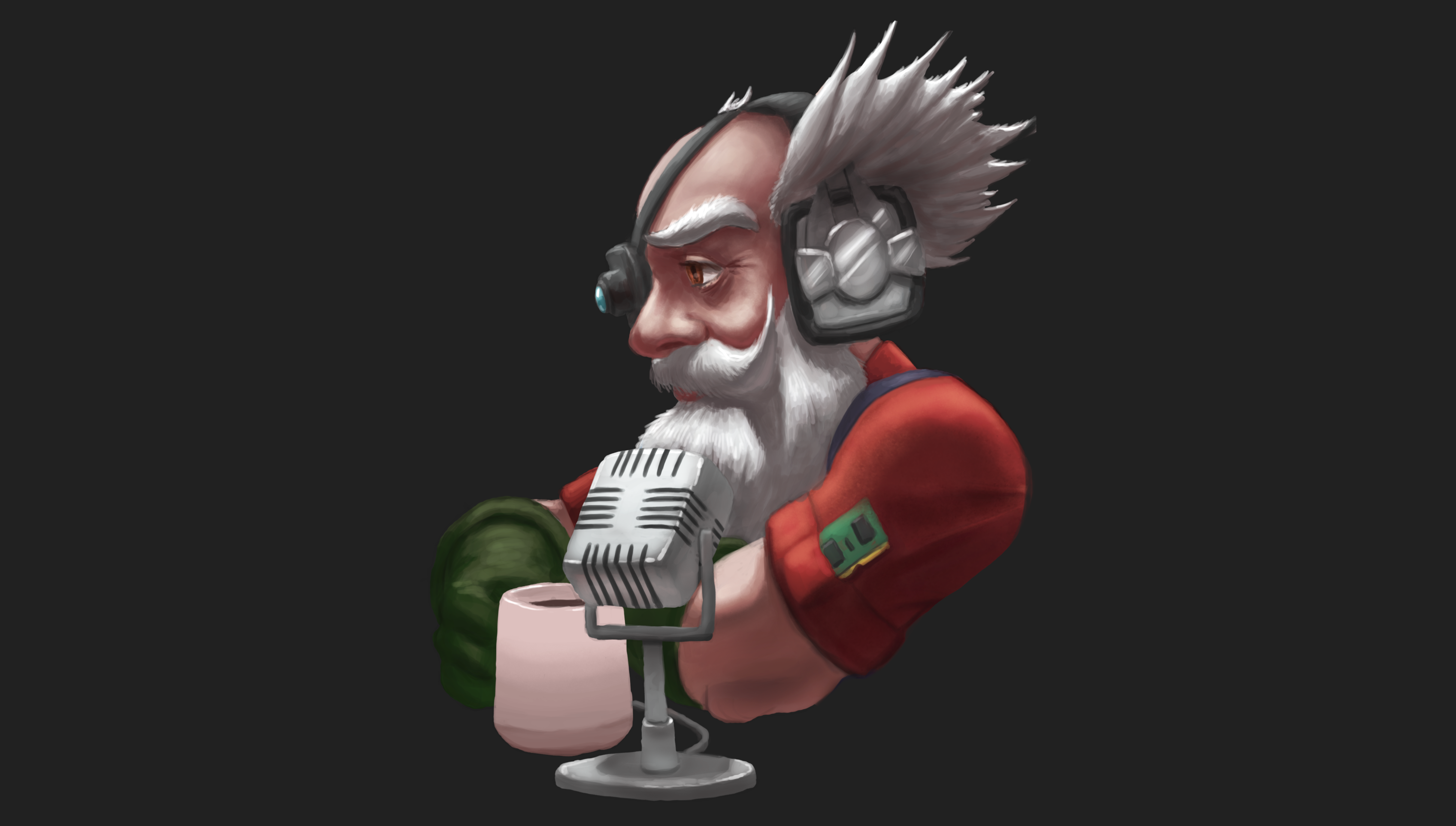Episode 9 - The Fascinating World of Intellectual Property Law and How it Applies to Software
12 mins
Based On
- Intellectual Property Law was created to foster innovation and competition.
- The concept has actually been around for centuries.
- Today, IP Law provides a way to protect coding innovations that may be novel or unique.
It refers to ownership of intangible things, giving people and businesses property rights to the intellectual goods and innovation they create, usually for a limited time.
You can own a specific brand logo, a unique way of solving a software problem or even a composition.
There are four types of intellectual property:
- Copyrights - for anything dubbed as “art” like paintings, music, etc.
- Patents - for inventions, meant to purposely enable a monopoly on their production.
- Trademarks - these are brand-related like logos, catchphrases and others that help identify a company.
- Trade Secrets - concepts that give a business some competitive edge over another.
Patenting Code
- Software patents can be tricky compared to physical inventions. You generally can’t obtain a patent on the specific code you’ve written to solve a problem.
- It’s hard to argue uniqueness and novelty with software.
- You are still able to patent the solution to the problem that you’re implementing in code, or the system / method you’re using to solve it.
- Discoverability is also a big issue with software.
- Patent Applications take years to process.
- You have to disclose how you solved the problem.
Copyrighting Code
- Coding itself is considered a creative endeavor. Therefore, it’s art just as much as a poem or a book is.
- Copyright doesn’t protect the ideas behind the code.
- Original software is automatically copyrighted under international law.
- You must register the work in order to sue under US law. But that implies you have to publish some portion of the source or object code.
- However, this is an issue because it makes other people or competitors aware of your software and the problem it’s solving. Plus there’s security implications with publicizing your code.
- But you can use copyright to protect the literal copy of your software. This can also include audiovisual work used in your program.
- The law allows a “fair use” claim - as defined by the courts - for those that are copying your code. For example you can modify copyrighted software for personal use or use it for educational purposes.
Code as a Trade Secret
- Treating software as a trade secret does not require you to submit a prior application or upfront filing.
- Court cases seem to show that an entire software package is hard to protect. But the source code itself is most likely to be treated as a trade secret.
- However, the more visible to a user that part of your software is, the less protection it receives.
- Open source software does not qualify for this protection.
- Filing code as a trade secret gives you legal grounds in case someone steals the code for their own benefit, even if they slightly modify it.
Other References
Background music by Vendredi from Audio Library+

